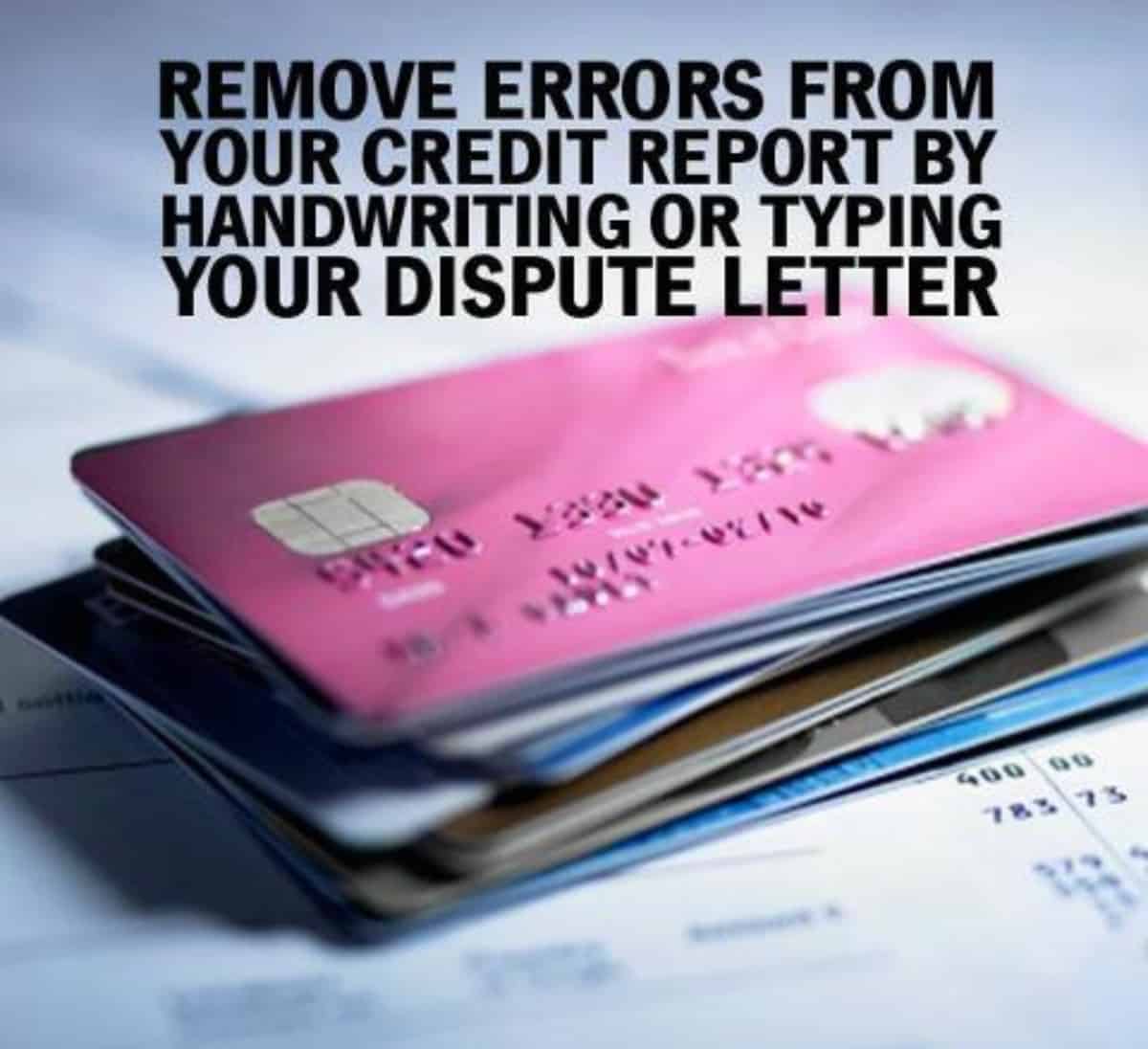
We hope that you and your family are safe, healthy and secure during this coronavirus pandemic.
Ira Smith Trustee & Receiver Inc. is absolutely operational and Ira, in addition to Brandon Smith, is readily available for a telephone consultation or video meeting.
If you would prefer to listen to the audio version of this Brandon Blog, please scroll to the bottom and click play on the podcast.
File for bankruptcy introduction
You have all probably read about or heard about the Ontario judge who presided over Toronto-area court cases from the Caribbean. With today’s technology, it is electronically possible to attend Zoom court from anywhere in the world. That got me thinking. Can a Canadian file for bankruptcy from the Caribbean or anywhere else in the world?
So I did the research. In my opinion, using what is right now permissible technology, I think it is possible for a licensed insolvency trustee to either accept a Canadian filing bankruptcy or make it happen from the luxurious Caribbean or anywhere else outside of Canada. In this Brandon Blog, I will explain the bankruptcy process and why I think a person or company can file for bankruptcy from outside Canada.
You owe money: Considering bankruptcy?
To file for bankruptcy is a difficult decision to make, especially considering the financial and personal consequences it has on you and your family. But sometimes, there is no other option. If you find yourself unable to pay your debts, filing for bankruptcy may be your best bet for a fresh financial start. But before you decide to file for bankruptcy, you must assess your situation and understand the consequences.
It’s easy to be overwhelmed when you’re facing the prospect of filing for bankruptcy. Bankruptcy is a complicated legal proceeding, and the law has established procedures that must be followed in a specific order. If you’re considering bankruptcy, it’s important that you understand how the process works and the critical role a licensed insolvency trustee (formerly called either a trustee in bankruptcy or a bankruptcy trustee (Trustee) plays in that process.
As a Trustee, I can tell you that bankruptcy is a serious undertaking. It can have a big impact on you financially and emotionally, and there are many important decisions you must make before, during, and after the process. The decisions you make now will have a big impact on your future. As a Trustee, I always first try to help people and companies look at the alternatives to bankruptcy in order to avoid bankruptcy, rather than file for bankruptcy. Personal bankruptcy or business bankruptcies are truly a last resort when there is no other choice.
How to file for bankruptcy Canada: Let the licensed insolvency trustee no-cost consultation happen first
You may be considering filing for bankruptcy in Canada because you have debts that you can no longer pay. If you are drowning in debt, you might feel like there is no way out. But bankruptcy isn’t the end of the world. In fact, it can help many people get a fresh start by eliminating debts they can no longer pay. But as I always say, an individual or company may not need to file for bankruptcy. You have to consider all of your options. But in this section, we will focus on the bankruptcy filing process.
It all starts with you going to see a Trustee for a free, no-obligation initial consultation. The Trustee will listen to the facts you describe and ask you some questions to gain a better and deeper understanding of your specific situation. The Trustee will then tell you about the various debt relief options he or she believes are available to you. The Trustee will then provide you with his or her recommendation as to what is best for your situation and why.
Many factors will play into the Trustee’s recommendations, especially around your debt issues, including:
- The types of debts.
- Your unsecured debt vs. secured debts.
- Do you have any student debt and if so, when did you graduate from the program that you acquired the student loan debt for?
- The total amount of your Canadian debts and any foreign debt you may have.
- Is Canada Revenue Agency hounding you for tax debt?
- How appropriate are all the various debt options for your situation?
- What percentage of debts are related to your assets that you cannot afford to lose.
- What is the nature and extent of all of your assets?
- Which assets are exempt from seizure and which are non-exempt?
- Do you have any joint (co-signed) debt and how will your insolvency filing affect the other person?
- Is the pressure from debt you are feeling right now require an immediate filing or could you wait a bit to see how some things play out over the short-term future?
- Do you need immediate protection from debt and the related creditors or debt collectors taking collection actions right now such as trying to enforce against your assets, sue you or garnish your wages under a judgement?
- How is your burden of debt currently affecting you and your family?
- Comparing your current debt situation pre-filing to what your debt after filing and after your discharge will look like under each of the available alternatives.
- How does the Trustee’s debt assessment factor into the realistic alternatives available to you to avoid bankruptcy?
- Does your debt level at this stage that of overwhelming debts or are you right now only feeling mild indigestion? Perhaps you could work out of your debt problems on your own with just one or two strategies the Trustee will share with you at the no-cost consultation stage.
The Trustee considers all of this to see if you have an unmanageable debt to determine the best options available to you, including having you file for bankruptcy. You don’t want to do a consumer bankruptcy filing for yourself or have your company filing bankruptcy if it is not necessary to fix the debt problems.
How to file for bankruptcy – How the bankruptcy process starts
Alright, now for getting to answering the question I posed in the title and at the beginning of this Brandon Blog. Can a Canadian file for bankruptcy from the luxurious Caribbean? Can Canadian bankruptcy filings start from outside of Canada? To answer this question, we must look at what are the requirements of both the debtor, be it a person or company, and the Trustee, for a bankruptcy file to begin? All of my comments below, with appropriate amendments for context, will apply to:
- an individual filing a debt settlement consumer proposal;
- a person filing for personal bankruptcy;
- either a person or a company filing a debt settlement financial restructuring proposal under Part III Division I of the Bankruptcy and Insolvency Act (Canada) (BIA); or
- a company filing an assignment in bankruptcy.
Before the COVID-19 pandemic, the debtor and Trustee met in-person at the Trustee’s office in order for the Trustee to assess the debtor’s financial situation. If an insolvency process was required to help fix the debtor’s financial problems, then there was also an in-person meeting at the Trustee’s office to sign up the filing documents. Since the pandemic began, the Office of the Superintendent of Bankruptcy Canada (OSB) Messages to LITs concerning COVID-19 gave Trustees the authority to hold meetings by video conference. This is how the whole world has been operating for almost 1 year now. So this is how the insolvency process begins.
In addition to the initial consultation and signup. other meetings are also held via video meetings. Examples are a Meeting of Creditors and the two credit counselling sessions. Although the OSB’s guidance does say that Trustees can use methods other than in-person…..” for those areas where they have an approved resident or non-resident office…” keep in mind that a Trustee is licensed to act within an entire province! I won’t get into the semantics of the apparent conflict between the OSB’s guidance and its licensing approval process in this Brandon Blog.

Who can file for bankruptcy?
Any insolvent person can file for bankruptcy. Section 2 of the BIA defines an insolvent person as:
“insolvent person means a person who is not bankrupt and who resides, carries on business or has property in Canada, whose liabilities to creditors provable as claims under this Act amount to one thousand dollars, and
- (a) who is for any reason unable to meet his obligations as they generally become due,
- (b) who has ceased paying his current obligations in the ordinary course of business as they generally become due, or
- (c) the aggregate of whose property is not, at a fair valuation, sufficient, or, if disposed of at a fairly conducted sale under legal process, would not be sufficient to enable payment of all his obligations, due and accruing due;”
- So to file for bankruptcy, amongst other requirements, the person or company must reside, carry on business or have property in Canada.
The locality of the debtor
Once all the documents are signed up to file for bankruptcy, the Trustee has to file them with the OSB in the “locality of the debtor“. Section 2 of the BIA defines “locality of the debtor” as:
“locality of a debtor means the principal place
(a) where the debtor has carried on business during the year immediately preceding the date of the initial bankruptcy event,
(b) where the debtor has resided during the year immediately preceding the date of the initial bankruptcy event, or
(c) in cases not coming within paragraph (a) or (b), where the greater portion of the property of the debtor is situated;”
If the debtor has been living in the Caribbean for 4 months immediately preceding the date of the filing of the assignment in bankruptcy, do they qualify? The answer is yes. Court decisions have determined that the word “during” means “at some time” during the year preceding the date of bankruptcy. It does not mean continuously. So during these pandemic days where we meet with everyone online, it is possible for the Canadian person to be in the Caribbean, meet with the Trustee for the initial consultation, decide on an insolvency process, in this case, bankruptcy and then initiate the bankruptcy proceedings, all from the luxury of a Caribbean vacation spot.
Let’s not delve into how a debtor who needs to file for bankruptcy can afford to live in the Caribbean or whose villa it is. That is beyond the scope of this Brandon Blog.
What about the Trustee?
The same way the debtor, or a judge, can transact business by video meeting from outside Canada, the same is true for the Trustee. As long as the Trustee can access all his or her office documents and systems online from outside of the office, there is no reason why the Trustee could not operate from the Caribbean as well to handle the person or company that wants to file for bankruptcy.
I am not advocating for this position, especially when you consider both the danger of and the appropriateness of travelling during these times of hardship and sacrifice. But since the question was “Can a Canadian file for bankruptcy from the Caribbean or anywhere else in the world?”, the answer is YES.
So whether you are a judge in the Ontario court, an insolvent debtor or a Trustee, I do not see any legal reason why someone could not file for bankruptcy from the Caribbean or anywhere else in the world.
File for bankruptcy summary
I hope you enjoyed the file for bankruptcy Brandon Blog post. If you are concerned because you or your business are dealing with substantial debt challenges and you assume bankruptcy is your only option, call me. It is not your fault that you remain in this way. You have actually been only shown the old ways to try to deal with financial issues. These old ways do not work anymore.
The Ira Smith Team utilizes new modern-day ways to get you out of your debt difficulties while avoiding bankruptcy. We can get you the relief you need and so deserve.
The tension put upon you is big. We know your discomfort factors. We will check out your entire situation and design a new approach that is as unique as you and your problems; financial and emotional. We will take the weight off of your shoulders and blow away the dark cloud hanging over you. We will design a debt settlement strategy for you. We know that we can help you now.
We understand that people and businesses facing financial issues need a realistic lifeline. There is no “one solution fits all” method with the Ira Smith Team. Not everyone has to file bankruptcy in Canada. The majority of our clients never do. We help many people and companies stay clear of bankruptcy.
That is why we can establish a new restructuring procedure for paying down debt that will be built just for you. It will be as one-of-a-kind as the economic issues and discomfort you are encountering. If any one of these seems familiar to you and you are serious about getting the solution you need, contact the Ira Smith Trustee & Receiver Inc. group today.
Call us now for a no-cost consultation.
We will get you or your business back up driving to healthy and balanced trouble-free operations and get rid of the discomfort factors in your life, Starting Over, Starting Now.
We hope that you and your family are safe, healthy and secure during this coronavirus pandemic.
Ira Smith Trustee & Receiver Inc. is absolutely operational and Ira, in addition to Brandon Smith, is readily available for a telephone consultation or video meeting.

 Introduction
Introduction

 Prenuptial agreements make families stronger: Introduction
Prenuptial agreements make families stronger: Introduction





